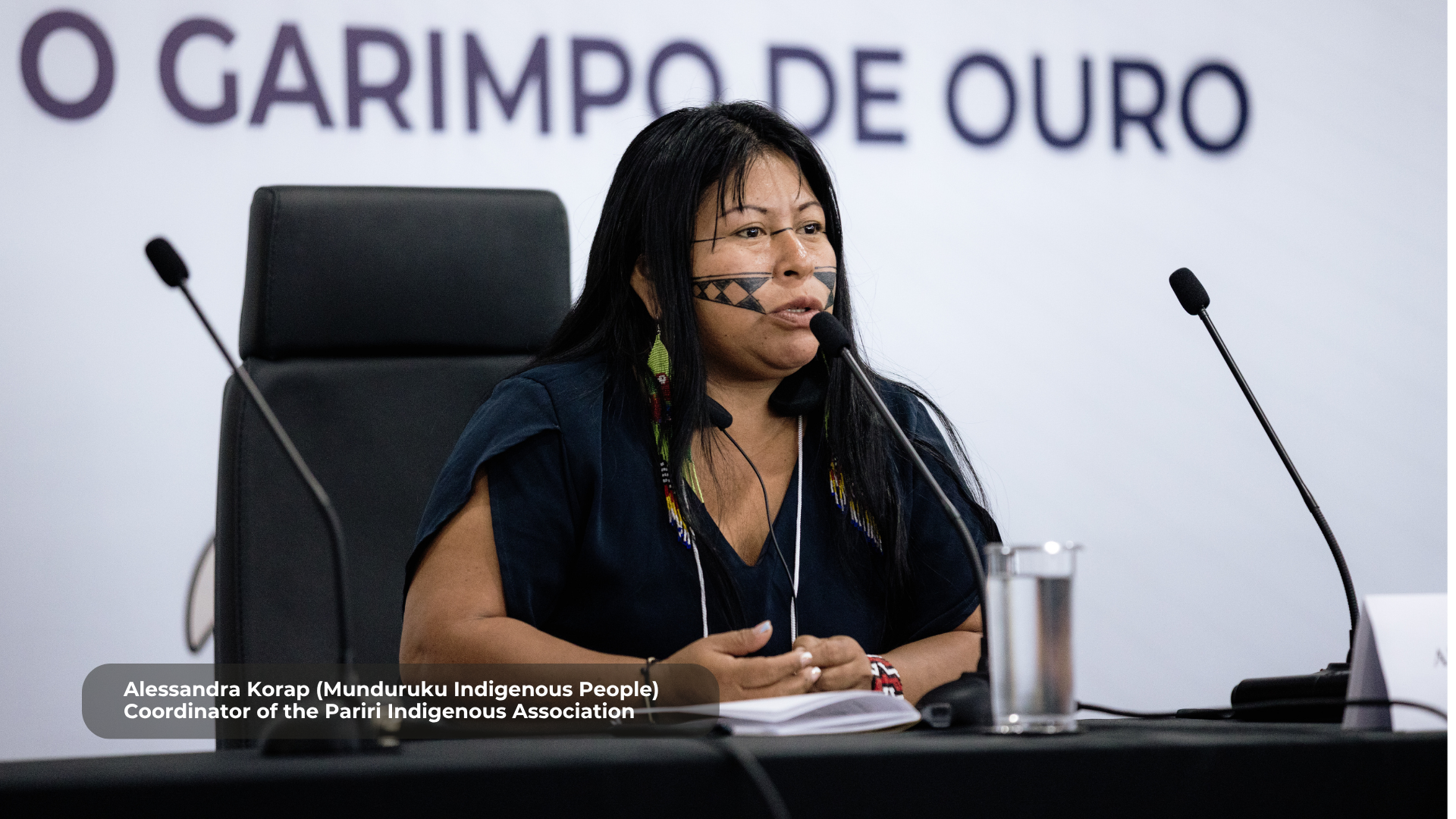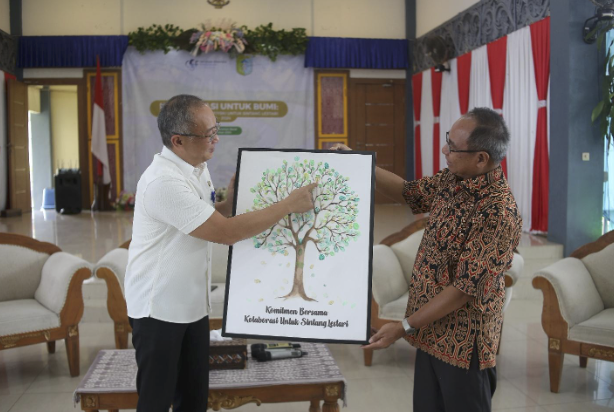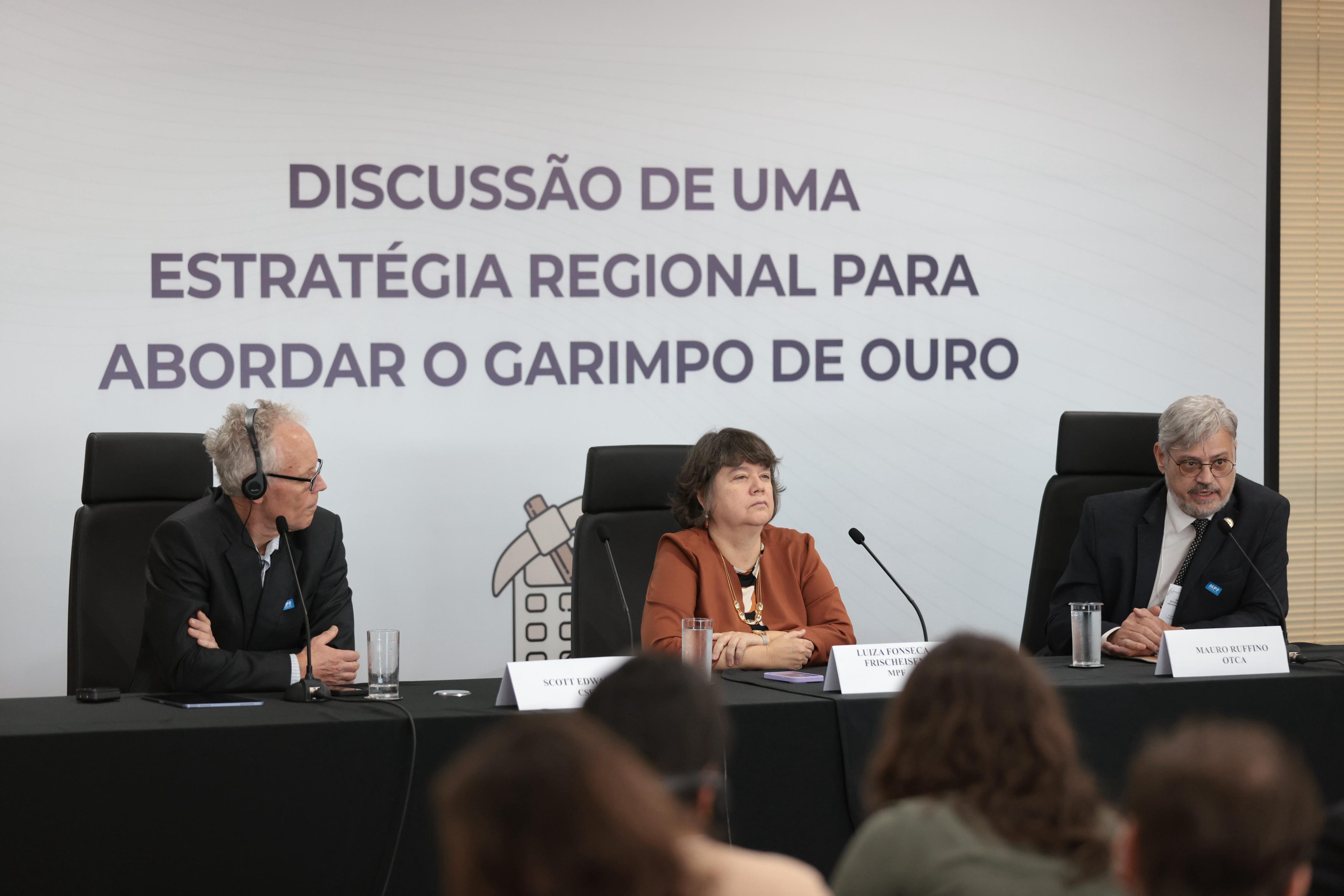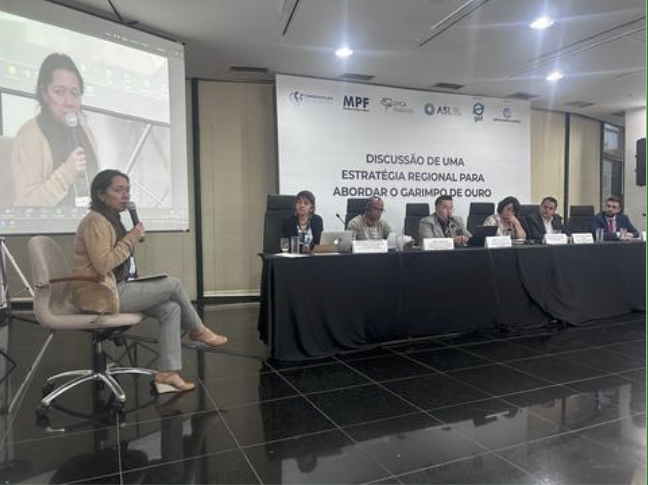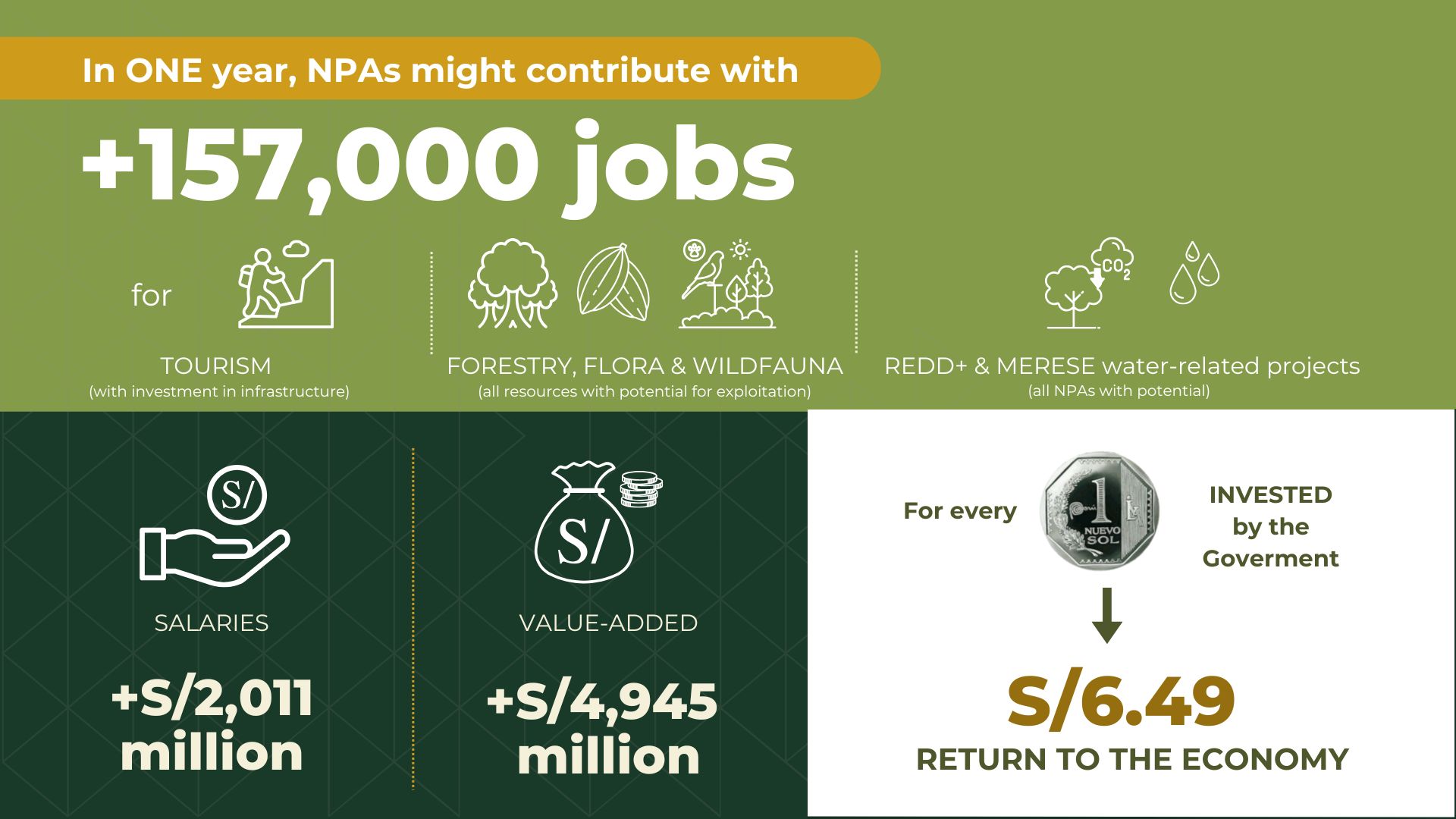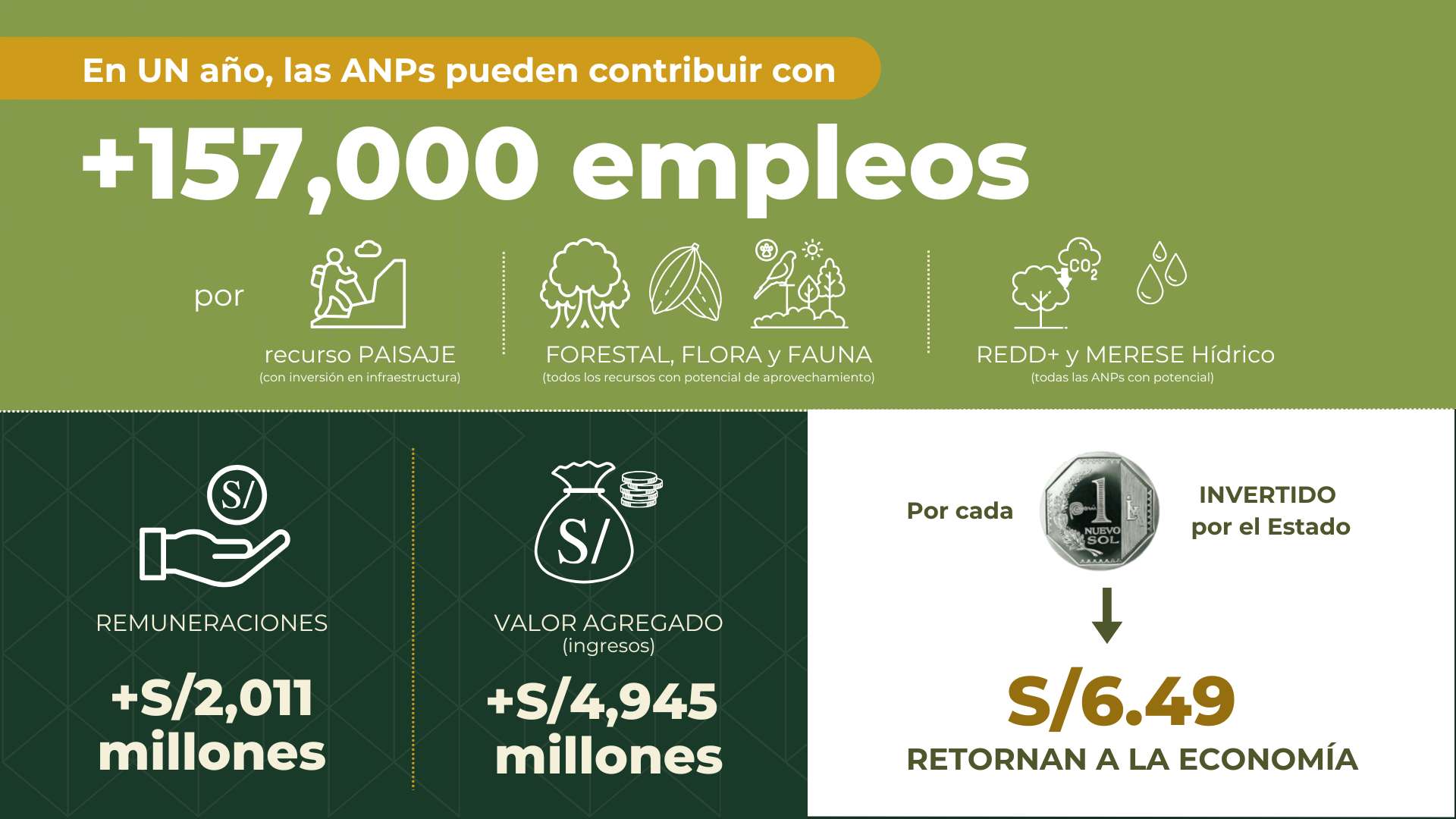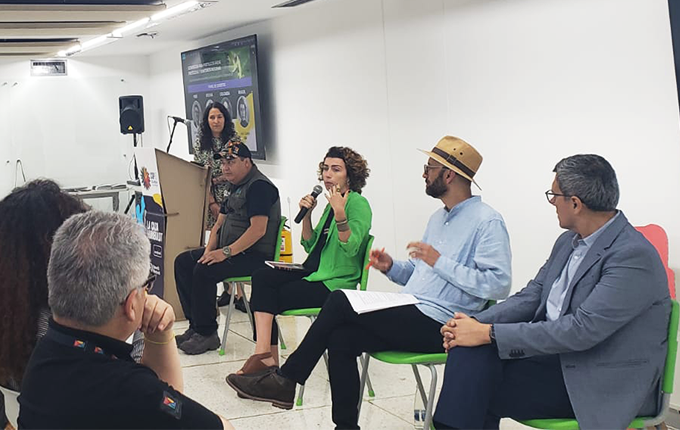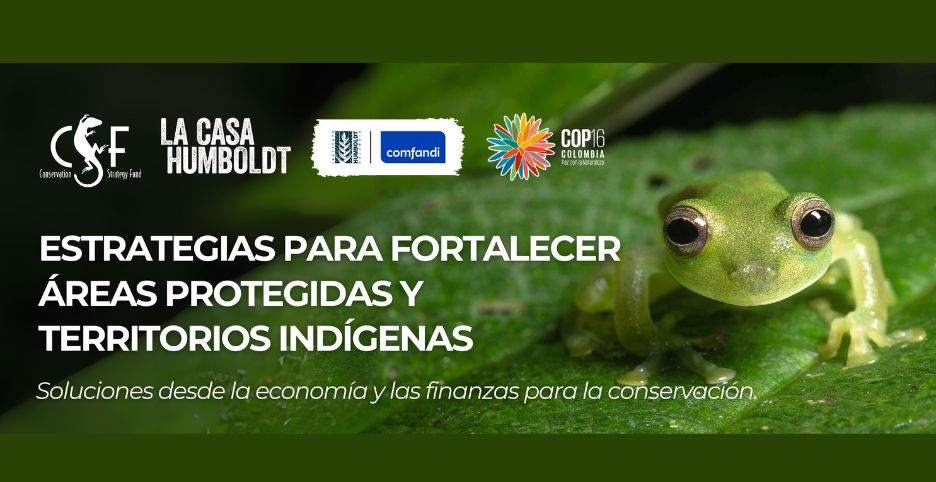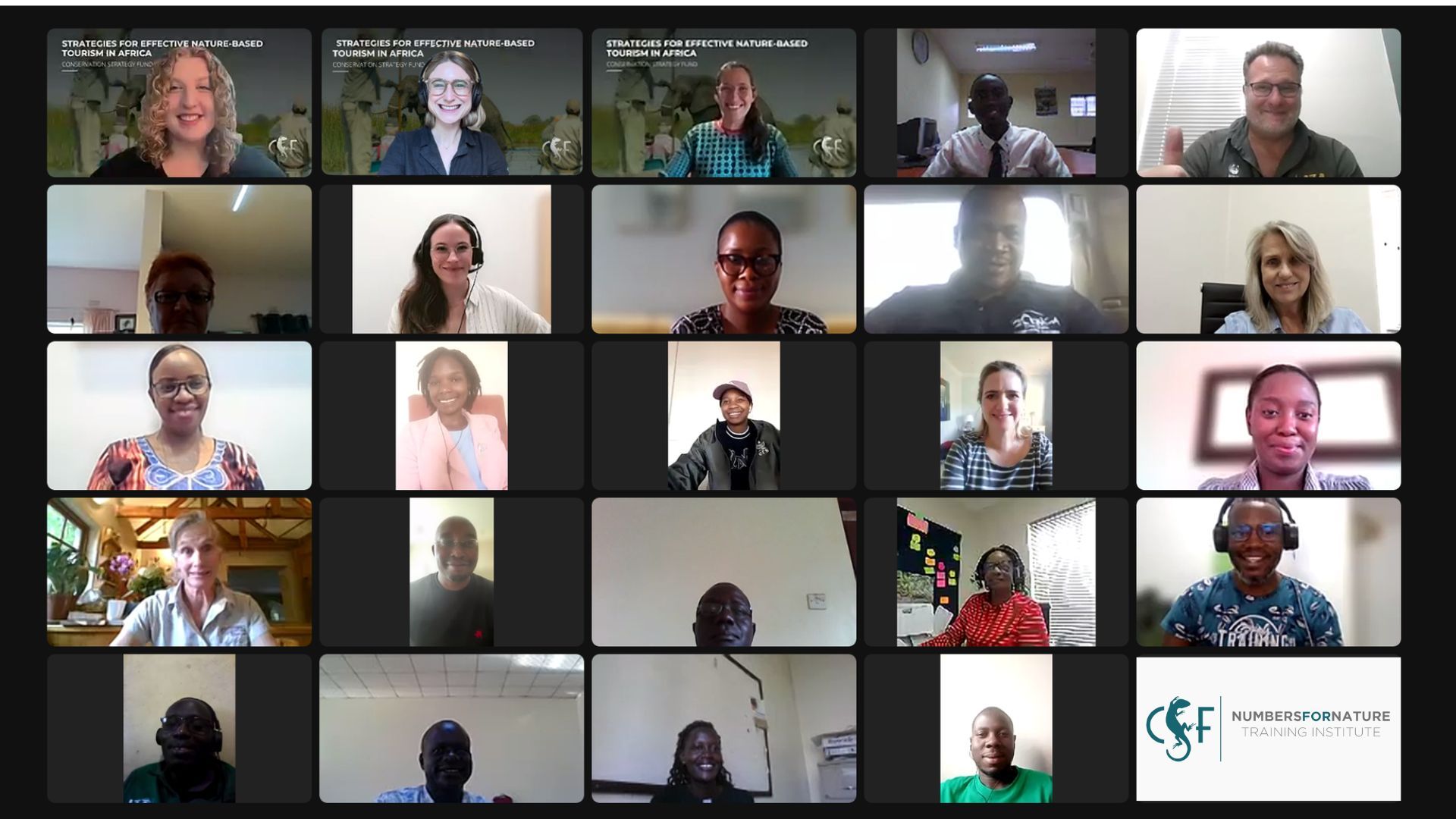News
Earlier this month, we were grateful to be working with several partners in the Amboseli Landscape of the Kajiado County in Kenya. This landscape is composed of the highest mountain in Africa as a backdrop, the incredible Amboseli National Park and surrounding ecosystems as the canvas, and the Maasai people, their livestock and the wildlife as the artists who have influenced this land over centuries.
But this picture is now fracturing.
Leaders from seven Amazonian countries gathered in Brasília for a regional workshop hosted by Conservation Strategy Fund to address the environmental, social, and legal impacts of mercury-based gold mining. The event highlighted the urgent need for cross-border cooperation and tools like the Mining Impacts Calculator to guide enforcement, protect ecosystems, and strengthen environmental governance across the Amazon.
Background: A Region of Rich Resources and Deep Traditions
Located in West Kalimantan, Sintang Regency spans approximately 21,000 square kilometers and is home to over 438,000 people. It holds significant natural assets: 1.3 million hectares of forest, rich biodiversity in national parks, and abundant freshwater systems, including rivers and lakes that sustain traditional livelihoods. The region is also culturally rich, with communities like the Dayak and Malay maintaining strong spiritual and practical ties to the land.
Ante los crecientes desafíos sociales, ambientales y económicos relacionados con la minería de oro y el uso de mercurio en la región amazónica, funcionarios de Gobierno, cooperación internacional y otros actores, se dieron cita en el taller “Discusión de una Estrategia Regional para Abordar la Minería de Oro”, desarrollado el pasado 18 de junio en Brasilia, Brasil.
Two weeks ago, I joined a webinar hosted by the World Bank for the Amazonia Viva team on the development and use of the Mining Impacts Calculator in the Amazon. There was strong interest from participants, and I was particularly struck by how IBAMA, Brazil’s environmental enforcement agency, is actively using the tool to impose fines on violators engaged in illegal gold mining.
A recent study from Conservation Strategy Fund (CSF) demonstrates the positive impact of NPAs on the Peruvian economy, and highlights how an investment in these services could mean a return of nearly 900% in economic value to Peru. This economic analysis indicates that strategic investments in these spaces will conserve natural heritage, and also generate employment and economic growth.
The natural protected areas (NPAs) are home to much of Peru's megadiversity. Ensuring their sustainability and efficient management is not only essential for the conservation of the country's flora and fauna but also represents a key opportunity for economic development and the well-being of local communities. The Conservation Strategy Fund (CSF) study reinforces this idea, highlighting the potential positive impact of NPAs on the Peruvian economy. Its findings indicate that investment in these strategic spaces, in addition to conserving natural heritage, also generates employment and economic growth.
#Numbers4Biodiversity
Alfonso Malky, Director for Latin America, CSF.
At COP16 in Cali, Colombia, Conservation Strategy Fund and the Humboldt Institute joined forces to present innovative financial instruments that promote, in a sustainable manner, the conservation of nature and strengthen the fundamental role of indigenous peoples in the protection of the region's ecosystems. The green zone of the COP in Colombia was the space where Alfonso Malky, Director for Latin America, and Pedro Gasparinetti, Director of Innovation, presented CSF's proposals for the sustainability of sensitive ecosystems and the indigenous communities that inhabit them.
Course participants from CSF's "Strategies for Effective Nature-Based Tourism" represented 21 organizations from 9 African countries.


